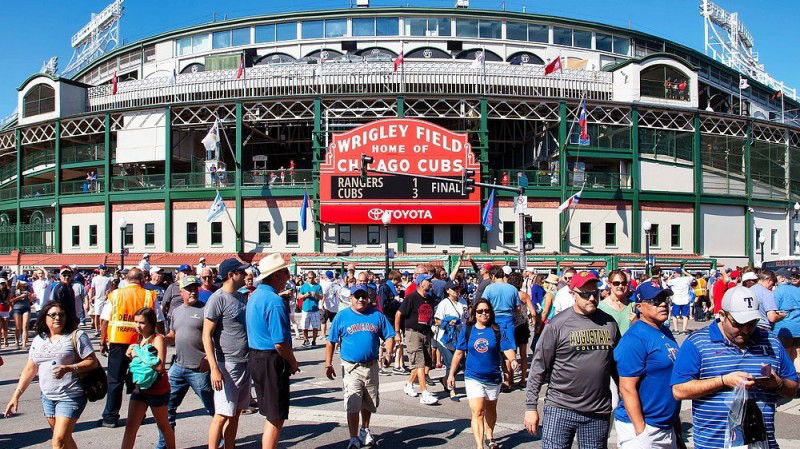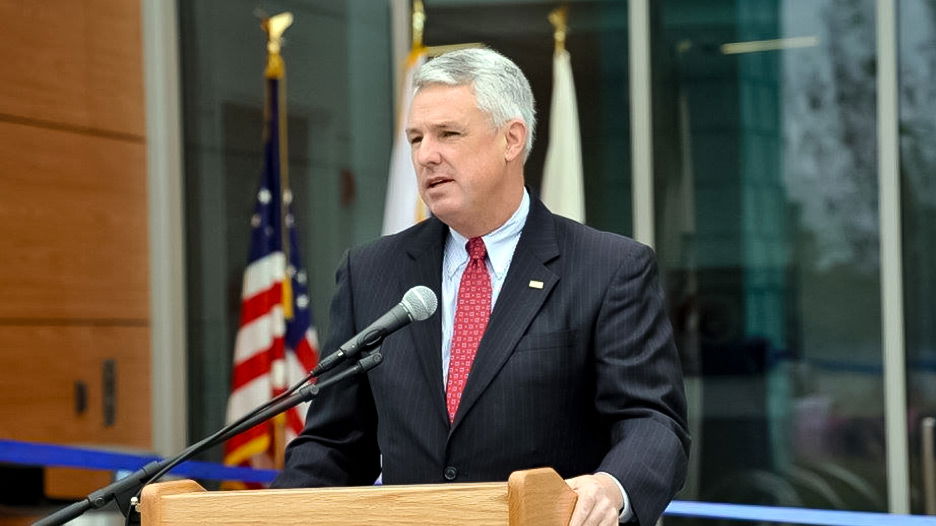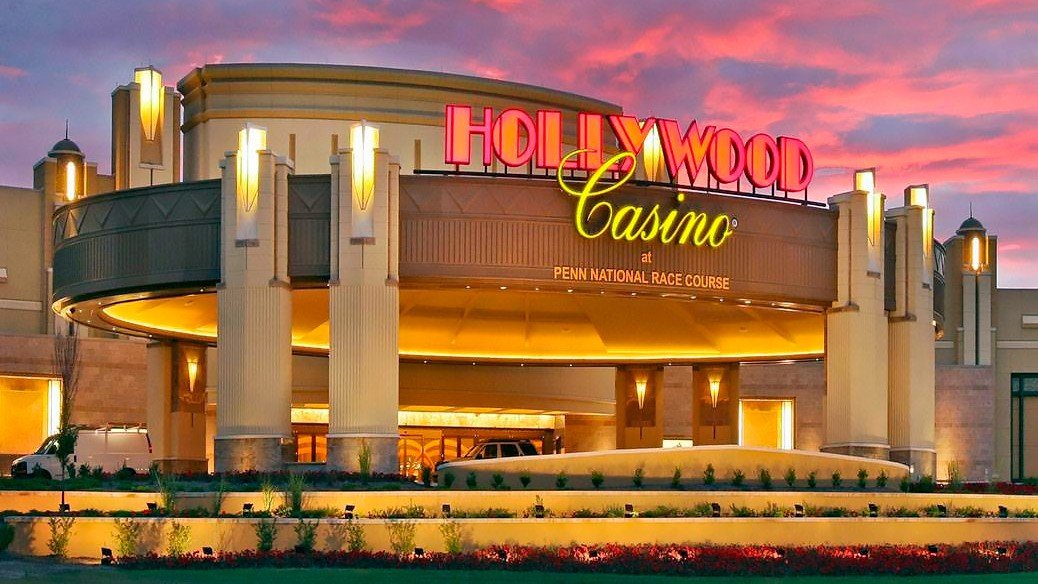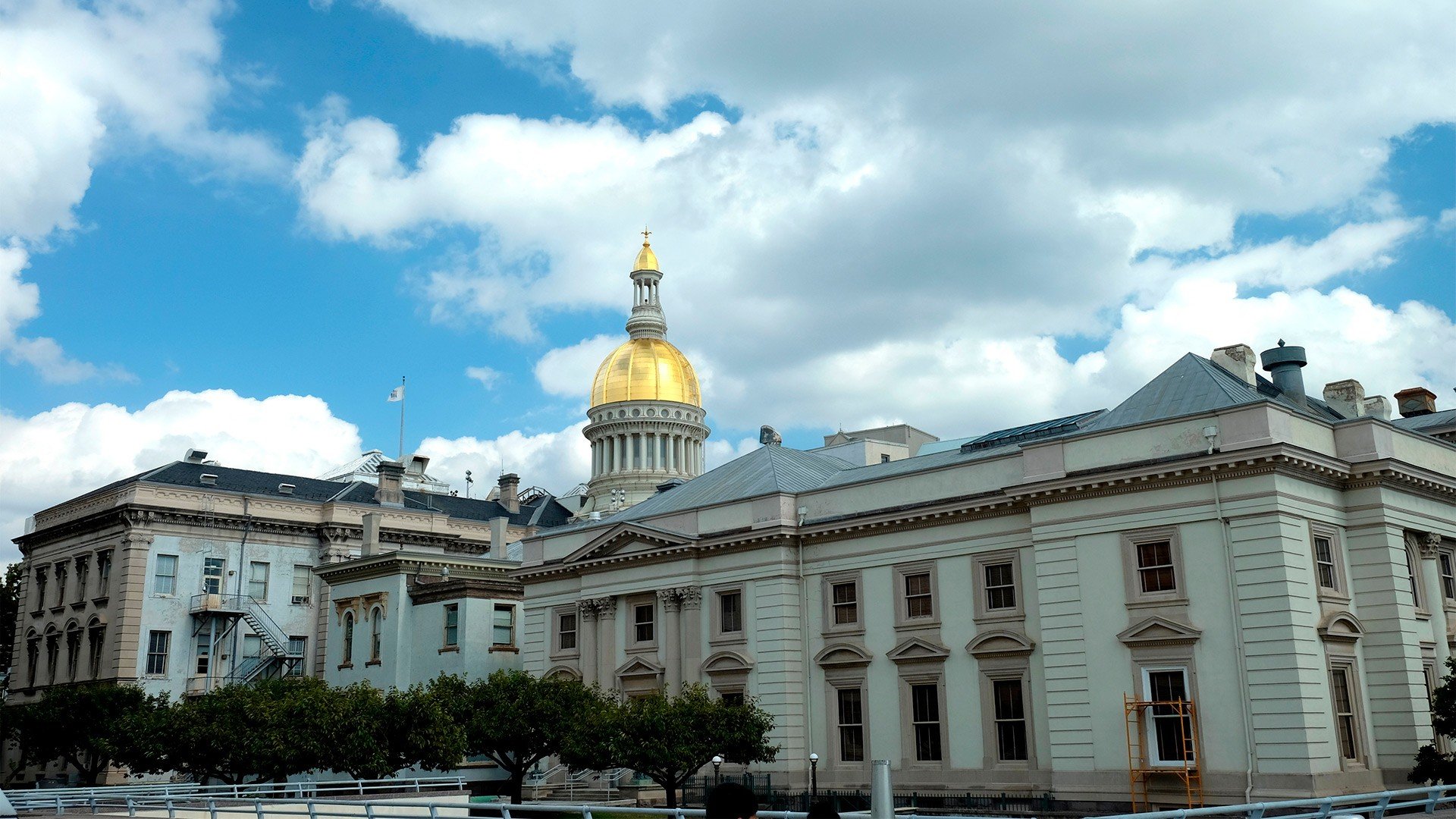Chicago takes first steps to lift ban on sports betting

At Wednesday’s Chicago City Council meeting, Aldermen Walter Burnett and Brian Hopkins introduced an ordinance that would lift Chicago’s home-rule ban on sports betting and set new policy rules for the city to issue those licenses. Sports betting would be allowed at Chicago’s stadiums, ballparks and at the casino that’s set to be built there.
The proposal covers Wrigley Field, Guaranteed Rate Field, Soldier Field, United Center and Wintrust Arena, or any “permanent building or structure located within a five-block radius” of those stadiums. The proposed measure was sent to the council Rules Committee by Far South Side Ald. Anthony Beale, where ordinances normally go to die or be re-referred, slowing the process down, meaning it will be a couple of months at least before it can get a hearing, as reported by the Chicago Tribune.
A casino for Chicago was approved by the Illinois legislature in 2019, part of the same package that legalized sports gambling in the state. The Chicago Cubs announced last year that the team had signed a $100 million partnership with DraftKings to establish DraftKings Sportsbook at Wrigley Field, pending government approvals, the first stadium sportsbook in Major League Baseball.
No more than 15 kiosks or wagering windows would be allowed at each location unless bettors can also purchase food and drink, and no one under age 21 would be allowed to place a bet. Sports wagering would be prohibited from midnight to 10 a.m., Monday through Thursday; midnight Friday to 9 a.m. Saturday; and 1 a.m. to 9 a.m. on Saturday and Sunday.
The city would issue two types of sports wagering licenses: “primary” and “secondary.” Primary sports licenses would start at $50,000 a year and cost $25,000 for annual renewal. Secondary sports licenses would start at $10,000, with an annual renewal fee of $5,000.
“Wrigley and the United Center — they’ve both been talking about setting up a spot for it. So this ordinance needs to be passed in order for that to happen. We’ll see where the Council wants to go with it,” said Burnett, chairman of the City Council’s Committee on Pedestrian and Traffic Safety, Chicago Sun-Times reports. “In my community, it’ll bring more people to the United Center. They may spend more money. It helps with the sales tax and also the amusement that these guys pay. So there is some upside. … There’s more benefits for the state, but there’s some auxiliary benefits for the city.”
“Obviously, there were some interesting things afoot today, which I’m sure you all will ferret out. I don’t need to give you any leads on that. But, we’ve got to make sure that everything is above-board and that there’s a level playing field,” Mayor Lori Lightfoot said Wednesday of the legislative shenanigans.
Lightfoot has vowed to impose “tight restrictions” on sports betting to avoid turning Chicago neighborhoods into, as she put it, “the Las Vegas strip.” Asked Wednesday whether she’s concerned that sports betting would cut into revenues at a Chicago casino, the mayor said, “First of all, sports book is the law of our state. That got passed by the General Assembly in 2019. I support that law. No, I do not believe that it will undercut our efforts on a future casino and we’re gonna make sure that it doesn’t.”
A new building or renovation of an existing building would require a change to the planned development under which the Cubs renovated Wrigley and developed the land around it. Cubs spokesman Julian Green has said the team and DraftKings hope to build an addition to the $1 billion Wrigley campus that could be a year-round attraction.
“DraftKings says this would be their largest sportsbook in the country … with a food and beverage option and betting. In the winter months, you have Super Bowl. You have March Madness. Having a facility where groups may want to come in and watch the Super Bowl or March Madness — that’s something we could accommodate,” Green has said.
Meanwhile, thousands of Chicagoans already place bets on their phones with mobile sports gambling operators — legal or otherwise. Bettors across Illinois have wagered more than $4.6 billion on sports since the first legal bet was placed in March 2020. Black market wagers are still thought to be close to that figure, too.

















































